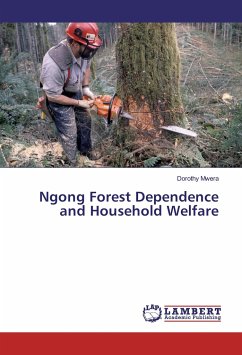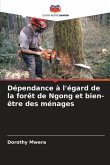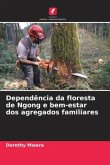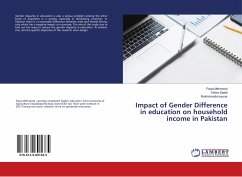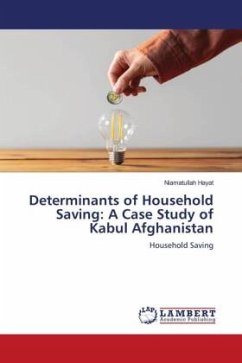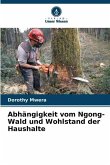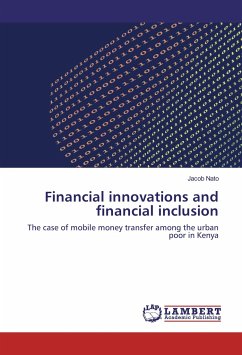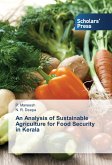Rural households depend on freely provided forest goods and services for their welfare. Household budget surveys do not incorporate forest income and as a result their impact to household income, consumption and general welfare is misunderstood. This book attempted to examine the economic contribution made by Ngong forest to rural households that surround it. The book indicated that the forest resources that are mostly extracted by the households are firewood, followed by honey, poles, vegetables and finally medicinal herbs. In addition, the book reveals that only the count of livestock and the quintile income mattered in the extraction of forest resources. The extraction of absolute forest resources is highest in the top 20%(poorest households). The estimated monthly extraction of forest resources per household was KES 5,309. The book concluded that poorer households are more resource dependent than the rich. Hence, an effort to balance between environmental concerns and sustainable livelihoods should ensure that families living in the area are paid an equivalent KES 5,309 per month to alleviate their suffering in case they were to be translocated to other non forest areas.
Bitte wählen Sie Ihr Anliegen aus.
Rechnungen
Retourenschein anfordern
Bestellstatus
Storno

